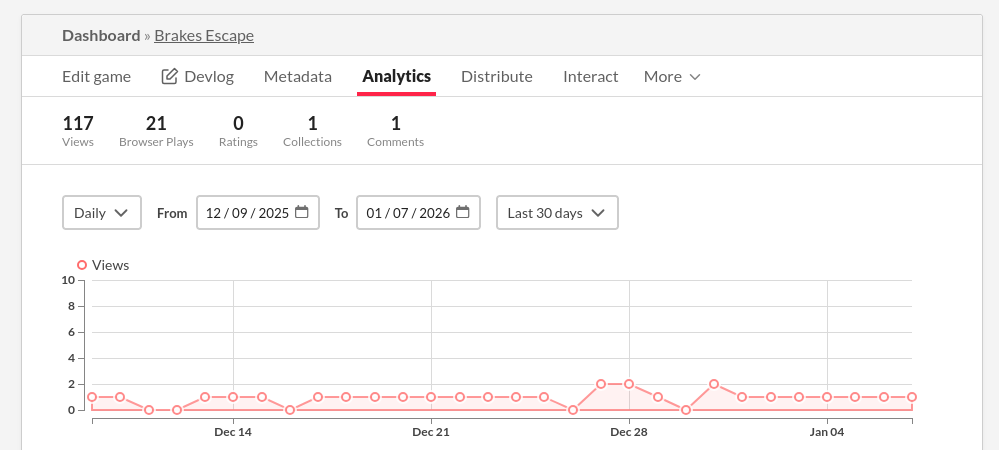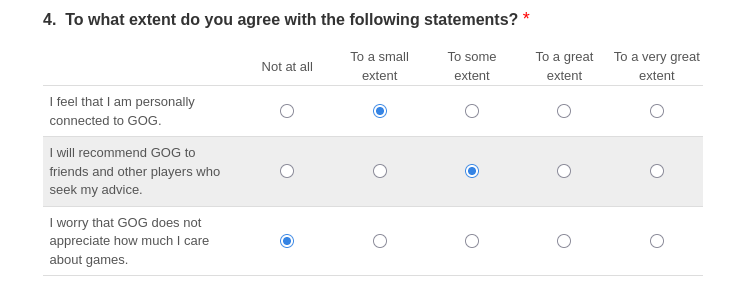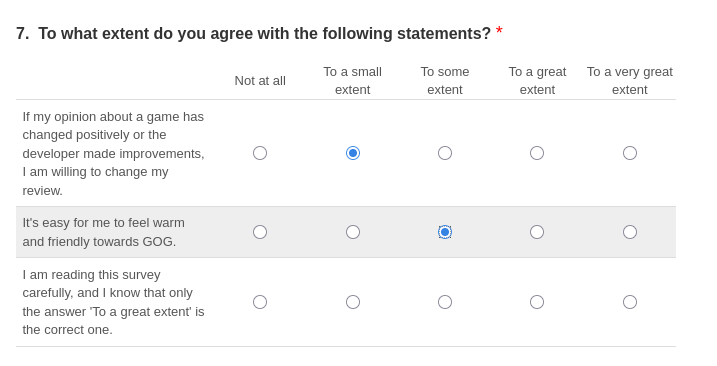Moderately satisfying: fixing a home appliance
Supremely unsatisfying: attempting to fix a home appliance, and failing

Finished reading: Criminal Deluxe Edition Volume 1 by Ed Brubaker 📚
I’ve been working through Complete Blender Creator 3: Learn 3D Modelling for Beginners , and the first project was this lighthouse scene. I think I pretty much understood what was happening. I’m a little fuzzy on sculpting, but I can loop cut and extrude shit all day.

Bird Bonkers ranked 234 out of 699 (that received ratings) in the GitHub Game-off. That puts it just on the edge of the top and middle third. I’m OK with that. I did basically ignore the theme, and I could have used my time more wisely during that month. Congrats to the folks that did well!
Which games?
According to itch.io analytics, on most days, at least one person visits Brakes Escape. I suspect it’s just one person, who has made it one of their favorite time wasters. I think that’s cool! None of my other games exhibit that sort of steady usage pattern. It’s a small impact, but… it’s impact.

Even without that data point, BE is one of my games that I think should be developed further. It definitely wants to be a mobile game– I just have to get rid of the “frame” (borrowed from it’s most direct inspiration, NS Tower) and make it a full (tall) screen experience. From there, the graphics are pretty raw, and there’s room for power-ups and enemies of some sort I think.
What else?
I think The Zummoning has potential, but the card system is currently pretty half-assed. I could see simplifying it (have cards directly indicate the creatures being created) or leaning in to a more complete and coherent magic system.
SpinDoc has sort of been my white whale– one of the earliest things I started working on after getting into Godot. I think there might even be some niche-commercial potential, since the original game isn’t on the market anymore. (there was an official iOS port, but that hasn’t been maintained and is no longer for sale)
DC Tech Events is now on Bluesky and Mastodon. Thanks to the internet archive, I’ve brought back the circa-2007 logo I used on Twitter.

Finished reading: Fishflies by Jeff Lemire 📚

Finished reading: ERASED by Loo Hui Phang 📚
Thinking about SpinDoc since I mentioned it yesterday. I’ve been poking at it this evening and after some tweaking, the movement actually feels pretty good. I think the last time I walked away, I was hung up on the idea of building a level editor. Maybe I’ll put that aside for now and just make the dang game.
2026: The year of...
Exactly a year ago, I declared that 2025 would be the year of 3D. Not so much– it became a year of worrying about my job and finding the next one, and games took a back seat for most of it.
My goal: 2026 is going to be a year where I finish something, outside of jams. Maybe I’ll take a jam entry and try to make it into a complete, polished thing, or one of my other experiments or projects (remember the roguelike? Spindoc?), or it’ll be something from my notebook, or maybe a brand new idea.
It probably won’t be my favorite notebook game idea: “Breakout Teaches Typing”.
Along the way I would like to become productive with tools like Crocotile 3D, PixelOver, and Blender.


Finished Listening: Co-Intelligence by Ethan Mollick 📚
Gifts
recently on DC Tech Events:
- I’ve added a new page for virtual events
- improved the layout on mobile
- I took a little troubleshooting journey into figuring out why NovaLUG events weren’t working– and now DC Tech Events can handle iCal recurrence rules AND calendars can have a
url_override, which in this case is because the NovaLUG iCal feed was sending the URL for the location (and not a correct one), in which case the main “meetings” page is the most useful place to send people.
Without saying the “v” word, with LLM coding assistance I recently experimented with a couple of more ambitious visions for this site and codebase: for example, expanding into a broader network of similar sites for different cities, and/or making DC Tech Events more of an active community hub and meetup.com alternative. Ultimately, I decided against both. I enjoy the simplicity of the current site, and I don’t want a web project that eats more of my time and attention. My hobby is making games, not websites.
I do intend to keep running it in it’s current state. It still helps me find events, either directly, or when I occasionally go looking for events and groups to add.
Bird Bonkers is live on itch.io. It’s not going to win any awards, but I think it’s fun and challenging, and it let’s me cap off a weird year with at least one non-embarrassing jam submission.
Still needs… all of the polish, but Bird Bonker basically works. Flapping uses “fish power”, bonk birds to get them to drop fish, which you need to grab to replenish your fish power. I am not an ornithologist, so I may have made some incorrect assumptions about how birds work.
Cool that Zork is now open source, but it’s kind of wild that Zork is now a Microsoft property.

Currently listening: Apple in China by Patrick McGee 📚




